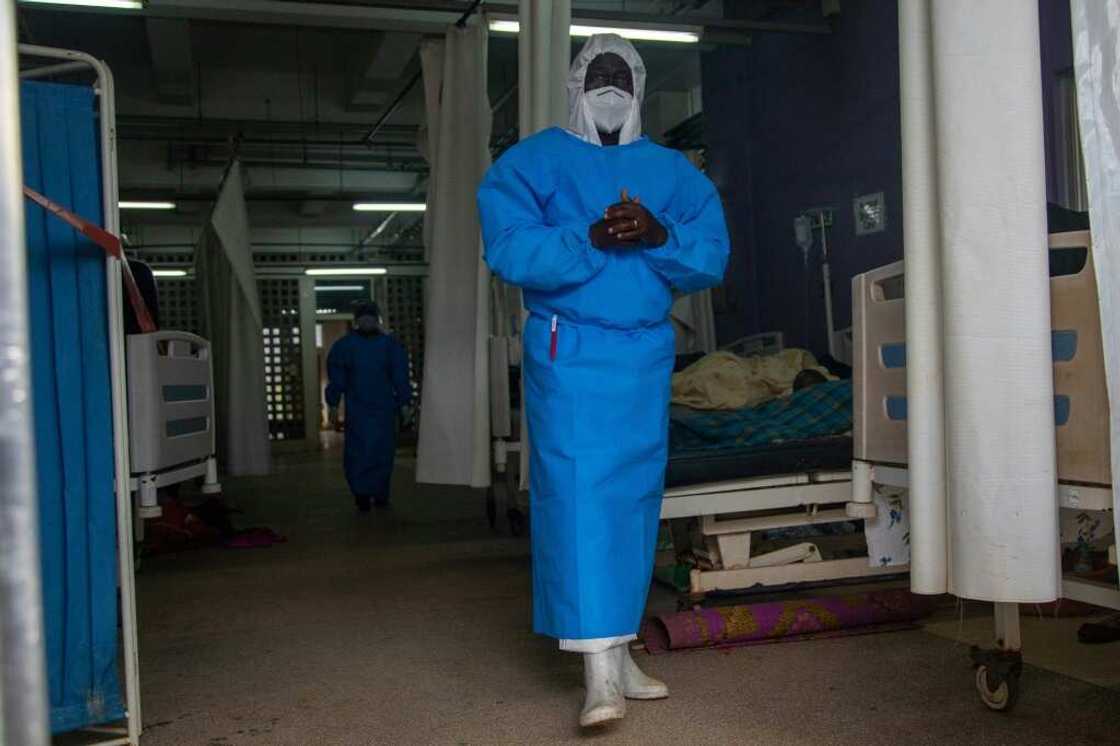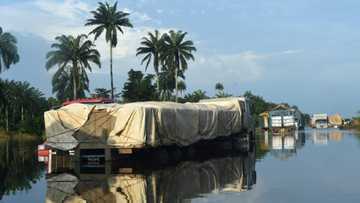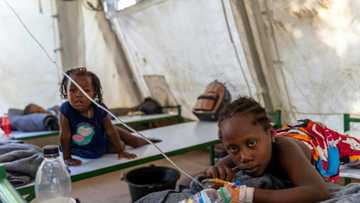Residents on edge as Uganda reports Ebola cases in Kampala

Source: AFP
Uganda has reported 14 confirmed cases of Ebola in the greater Kampala region, the country's health minister said Monday, but sought to assure anxious residents that the situation in the capital was under control.
So far, the death toll across the country from the Ebola epidemic declared in late September has climbed to 44, according to World Health Organisation figures issued last week.
Uganda's health ministry meanwhile says there have been 90 confirmed cases overall, and 28 deaths.
Health Minister Ruth Jane Aceng told AFP there had been 14 confirmed cases in the Kampala area the past 48 hours, including nine who were contacts of a fatality from Kassanda, one of two central districts at the heart of the outbreak.
Of the nine, she said those infected included seven family members from Masanafu, a densely populated slum area in Kampala which lies near the Kasubi royal tombs, a UNESCO World Heritage Site, and not far from two of Uganda's two main private universities.
President Yoweri Museveni earlier this month ordered Kassanda and Mubende, the epicentre of the outbreak, to be put under lockdown, imposing a travel ban, a curfew and the closure of public places.
PAY ATTENTION: Subscribe to Digital Talk newsletter to receive must-know business stories and succeed BIG!
But Aceng told AFP Monday: "The situation in Kampala is still under control and (there is) no need to restrict people's movements."
'Disease is in our midst'
Residents of the capital, a city of about 1.5 million people bordering Lake Victoria, said they were anxious.
"It is getting scarier now that Kampala is recording Ebola cases," said Rebecca Nanyonga, a 27-year-old mother of two.
"The government has not done much to sensitise Kampala residents on Ebola," she said. "Parties and music concerts are still held yet the disease is in our midst."
Ebola is spread through bodily fluids, with common symptoms being fever, vomiting, bleeding and diarrhoea, and combatted through time-honoured ways of tracing, containing and quarantining. Outbreaks are difficult to contain, especially in urban environments.
Uganda's last recorded fatality from a previous Ebola outbreak was in 2019.
The particular strain now circulating in Uganda is known as the Sudan Ebola virus, for which there is currently no vaccine.
WHO has said that clinical trials could start within weeks on drugs to combat the Sudan strain.
The Ebola crisis follows the Covid-19 pandemic, which knocked the landlocked country's economy hard.
"I had relaxed when Covid-19 cases went down. I am now putting back restrictions including visitors to my home," said Ronald Kibwika, a 45-year-old Kampala businessman.
According to WHO figures, Uganda had more than 169,200 Covid cases and 3,630 deaths.
"We are at (the) mercy of God if Ebola cases rise in Kampala, because most people don't take health precautions, and health services are still poor," said Kampala businesswoman Anita Kwikiriza, 31.
Source: AFP




